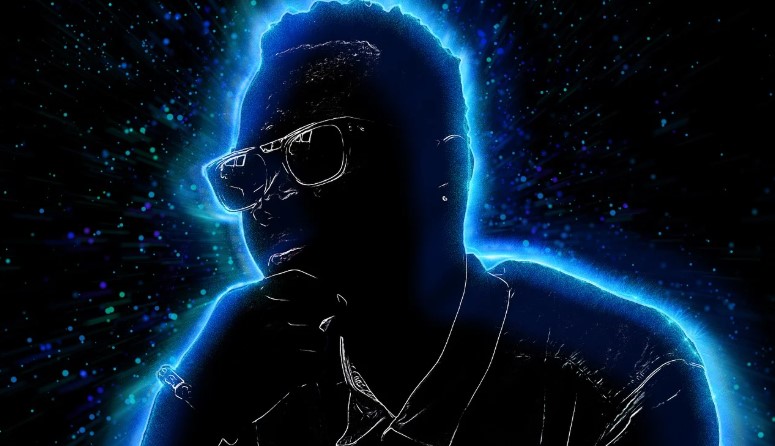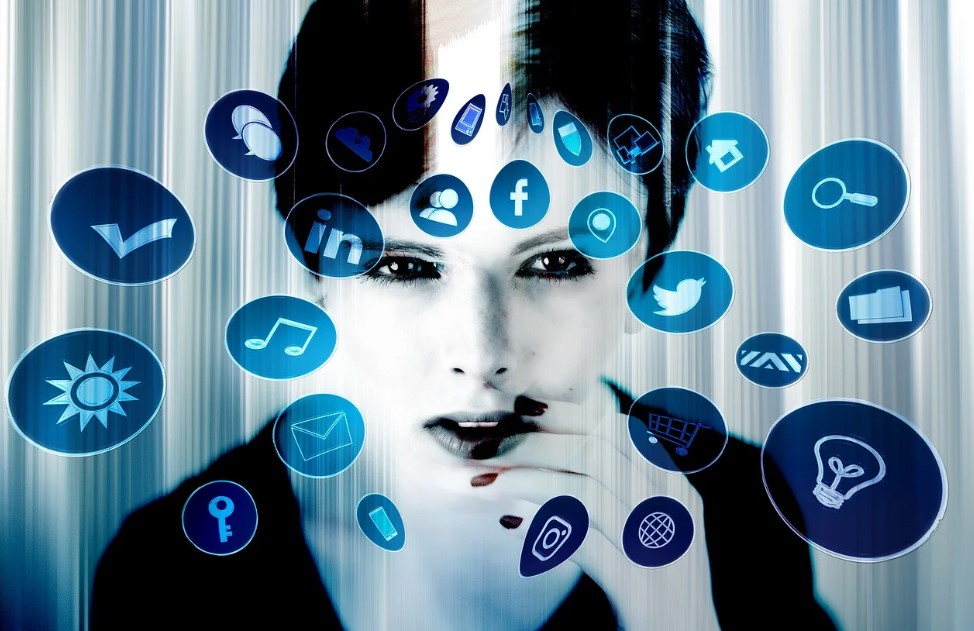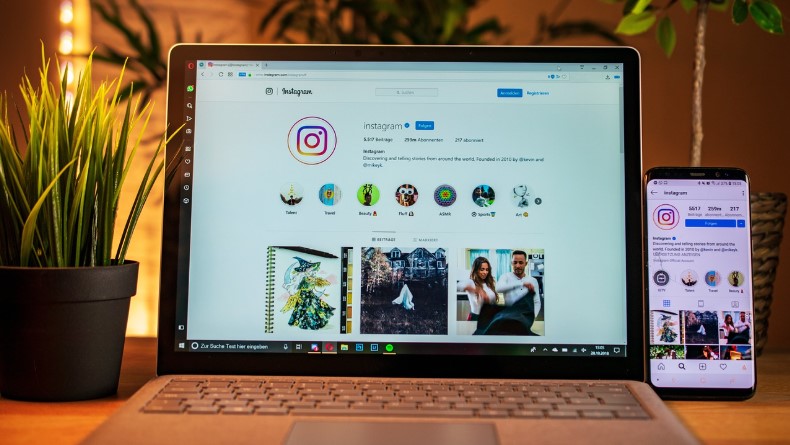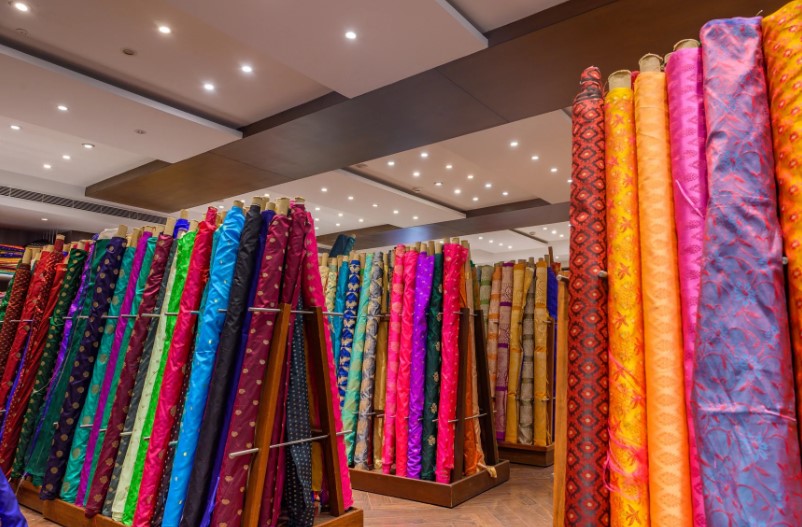Social media has evolved into more than just a platform for communication—it has become a driving force shaping opinions, behaviors, and lifestyles. At the heart of this transformation are influencers, individuals who hold the power to inspire millions with a single post. The social media influencers’ impact on society stretches beyond consumer purchases; it affects culture, mental health, politics, and even global social movements. As their presence grows, so does their influence on how society perceives trends, values, and relationships.
How Social Media Influencers Shape Society
1. Cultural Influence
Influencers set trends in fashion, beauty, fitness, and entertainment, often creating cultural waves that transcend geographic boundaries. A viral dance on TikTok or a beauty hack on Instagram can quickly become a global phenomenon.
2. Redefining Fame and Success
Unlike traditional celebrities, influencers often rise from everyday backgrounds. Their accessibility reshapes societal views of success, proving that influence comes from relatability and community trust rather than stardom alone.
3. Economic Contribution
Influencers are a crucial part of the digital economy. From brand collaborations to launching personal businesses, they stimulate industries and create new job markets in content creation, digital marketing, and e-commerce.
4. Political and Social Movements
Influencers have amplified voices for social causes, such as climate change, equality, and mental health awareness. Their platforms spread awareness faster than traditional media, mobilizing global audiences for change.
5. Impact on Mental Health
While influencers can inspire self-improvement, their curated lifestyles sometimes create unrealistic standards. This can lead to comparison, self-doubt, and anxiety, particularly among younger audiences. Society now grapples with balancing inspiration and authenticity.
6. Bridging Global Communities
Influencers connect people worldwide, breaking down cultural and linguistic barriers. A travel vlogger or food influencer can showcase diverse traditions, fostering global appreciation and cross-cultural understanding.
Positive and Negative Influences on Society
Positive Impacts:
-
Encourages creativity and innovation.
-
Provides education and skill-sharing through tutorials and informational content.
-
Amplifies marginalized voices and communities.
-
Creates new opportunities for entrepreneurship.
Negative Impacts:
-
Promotes consumerism and materialism.
-
Contributes to misinformation if influencers spread unverified claims.
-
Encourages comparison culture and body image struggles.
-
Risks exploitation of audiences through hidden sponsorships.
The Psychology Behind Influence
The effectiveness of influencers lies in psychology. Consumers respond to social proof, believing products or ideas are valuable when others endorse them. The relatability of influencers builds parasocial relationships, where followers feel emotionally connected, even without real interaction. These psychological mechanisms explain why society is so deeply impacted.
Social Media Influencers and the Future of Society
-
Rise of Micro-Influencers: Smaller creators with niche audiences are becoming more trusted than mega-influencers, shaping tight-knit communities.
-
Transparency in Sponsorships: Regulations now demand honesty in promotions, making influencer marketing more ethical.
-
Shift Toward Social Good: Audiences prefer influencers who use their platforms for positive societal impact rather than purely personal gain.
-
Virtual and AI Influencers: Digital avatars are entering the influencer space, raising new questions about authenticity and societal trust.
FAQs on Social Media Influencers’ Impact on Society
How do social media influencers impact daily life?
They influence lifestyle choices, purchasing behavior, opinions on issues, and even personal goals through relatable and aspirational content.
Are influencers more powerful than celebrities today?
In many ways, yes. Their relatability and consistent engagement often make them more influential than traditional celebrities.
Can influencers help improve society?
Absolutely. Many use their platforms to promote charity, social justice, education, and mental health awareness, creating meaningful change.
What are the risks of influencer culture?
Overconsumption, unrealistic expectations, misinformation, and mental health struggles are the primary societal risks.
Will influencer culture last?
Yes, though it will evolve. With new technologies and shifting consumer values, influencers will adapt to maintain relevance in shaping society.
Final Words
The social media influencers’ impact on society is vast, multifaceted, and continuously evolving. They influence what people buy, how they think, and even how communities mobilize for change. While their presence sparks challenges like consumerism and comparison culture, it also empowers positive transformations in awareness, creativity, and connectivity. As society becomes more digitally integrated, influencers will remain pivotal in shaping the cultural, social, and economic landscape of the future.






Leave a Reply